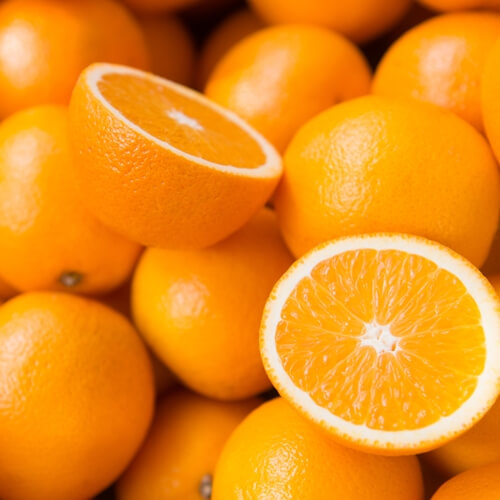Where Should I Store This?
Food is expensive. It’s not one of those things you can go without until payday, either. According to the National Resource Defense Council, Americans throw away almost 40 percent of their food every year. Store your food to avoid having to throw it away before you can eat it.
Counter
- Melon: A melon that isn’t bought ripe can last on the counter for about five days.
- Citrus: What looks nicer on the counter than a colorful fruit bowl? Keep your citrus on the counter unless it’s cut. If you do cut it, put it in the fridge so it doesn’t dry out.
- Bananas: The job of a banana peel is to keep the fruit fresh, so you don’t need a fridge to do its job.
- Bread: Bread doesn’t have a very long shelf life. Store it on the counter for the first couple of days after you buy it, then freeze it.
- Tomatoes: Isn’t it gross when you get a tomato in your salad and it’s too soft? Help your tomatoes maintain their dignity, keep them on the counter.
Fridge
- Apples: Don’t wash your apples before you store them in the fridge. This excess water will cause them to decompose quicker.
- Avocados: Once an avocado has ripened, you can further delay the process by storing it in the fridge for up to four days.
- Bacon: Bacon can be kept in the fridge for about two weeks. If it hasn’t been opened, you can keep it longer by storing it in the freezer.
- Lunch meat: Most lunch meat can last about two weeks if stored in the fridge unopened. However, some meats have a longer lifespan than others. Turkey and chicken doesn’t last as long as salami and ham.
Pantry
- Potatoes/sweet potatoes: Potatoes and sweet potatoes should always be stored in a dark, cool place. If they’re kept in the fridge, the potato’s starches could turn to sugars, making them taste strange.
- Nuts: If nuts aren’t in their shell, be sure to put them in an airtight container so they retain moisture and flavor.
- Spices: You buy spices to give your dishes flavor. Help them do their job and maintain flavor by storing them away from heat, light, air and humidity.
- Onions: Keeping onions in the fridge will make them mushy and cause them to lose flavor. Keep them in the pantry away from milder produce so their flavor doesn’t cling to anything else.
- Garlic: As with onions, garlic will lose its flavor if stored in the fridge. It’ll last about two weeks from purchase.
When should you freeze?
When you don’t plan to use a product right away, you might freeze it until you’re ready to use it. If you buy a frozen food, keep it in the freezer when you get home.
If you’re ready to eat the meat that you buy within four days, it can be stored in the fridge, but if you plan on taking longer than that, stick it in the freezer. Don’t bother trying to freeze any kind of vegetable with a high water content like cucumber or lettuce. Once the vegetable is defrosted it’ll be limp and flavorless.
If you’re planning to freeze something cooked, like soup, let it cool before you freeze it, and never re-freeze anything that’s been frozen then thawed or cooked.


